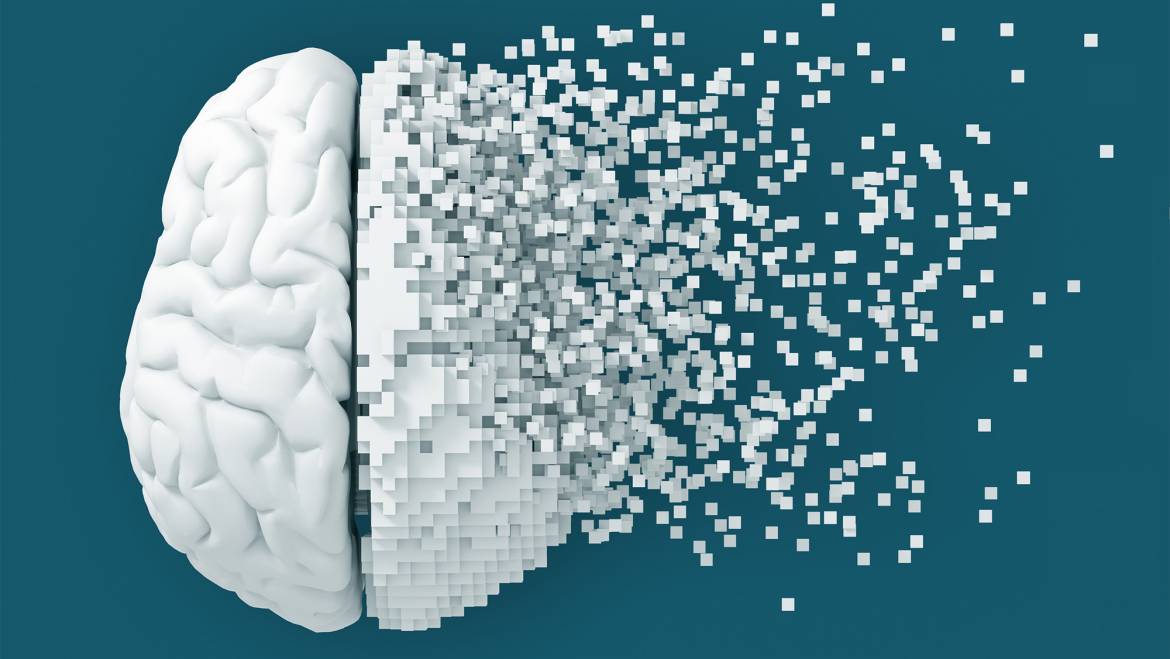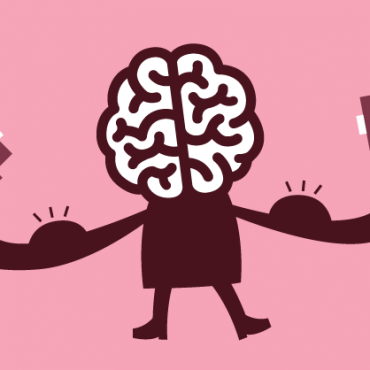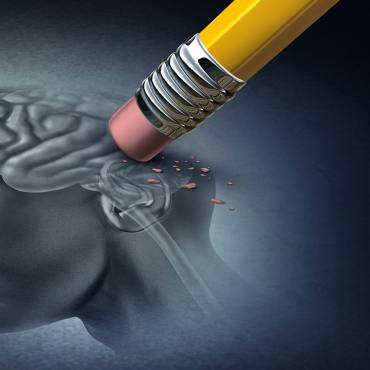If you or your loved ones are living with Alzheimer’s disease or related dementia, you might be juggling with a life-changing diagnosis of this brain disorder. It is important to know that there are things you can do to make a difference in how you cope with health challenges.
Alzheimer’s is a neurodegenerative disorder affecting people in their mid-60s or later. Early-onset Alzheimer is considered if it develops before 65. The risk of developing the disease increases rapidly when a patient reaches age 80 or above. It is a progressive brain disease that begins with mild memory loss and possibly leads to losing the ability to understand things and respond to the environment and surroundings.
The causes of Alzheimer’s disease are still not fully understood. It is believed that there likely is not a single cause but several factors that can contribute to this disease. Age is a well-known risk factor for the disease. Genetics may also play a role in developing Alzheimer’s. A healthy lifestyle help reduce the risk of developing this progressive brain disorder. Some long-term studies indicate that a nutritious diet, adequate physical activity, taking Alzheimer’s or dementia medication, not smoking, and limited alcohol consumption may help people. Brain changes can begin years before the first Alzheimer’s symptoms appear. There is growing scientific evidence that a healthy lifestyle has been shown to prevent diabetes, heart disease, and cancer and may also reduce the risk of cognitive impairment.

Here are different aspects of adjusting to and living as well as possible with Alzheimer’s disorder.
1. Emotional
Many of us ignore this aspect and directly consider which Alzheimers disease treatment should be opted for, but paying attention to this emotional aspect is extremely important. Dealing with Alzheimer’s disease symptoms can be stressful; therefore, it is important to give yourself time to process this information and adjust to new challenges that come your way. This applies to both those who are affected by the disease as well as the caregiver. Acknowledge your emotions and understand that a range of feelings can be normal to this diagnosis. These include shock, denial, anger, grief, depression, and fear. You may experience all these emotions or just some. There is no order of emotions; you may experience some more frequently than others.
Strategies to enhance emotional health!
Over time, you will hopefully be able to experience a level of acceptance of your cognitive decline where you begin to acknowledge it and be able to concentrate on strategies to help you live a better life.
- Writing your thoughts and feelings can be helpful.
- Spending time with family and friends can help. Social interaction and support from family members and loved ones are important for your health. If you are experiencing anxiety or depression, contact a psychiatrist for assistance. He will listen to you, help you express your feelings, and find ways to cope with the disease more effectively.
- Understanding the stages of Alzheimer’s disease, symptoms, and treatment can help you and your loved ones deal with Alzheimer’s more positively. After the diagnosis, you might have several questions in your mind. It will be helpful to bring the list of your questions along to your next doctor’s visit.
- Planning is the key! Look for options for future care by checking out the available resources and services. Find the options per your preferences for home and long-term care rather than during a crisis.
2. Physical
Alzheimer’s directly impacts the brain, but paying attention to your whole body is equally important. Get your vision and hearing checked, as problems in these areas may confuse you. If you have a painful knee or back, ask your healthcare specialist about what can relieve you. Increased physical activity has improved memory in individuals with or without dementia. In addition, good nutrition contributes to better cognitive functioning, so ensuring a balanced diet is important.
Finally, stretch your mind by playing mental games like sudoku, crossword, or jigsaw puzzles.
3. Social
- Try to get engaged with the world around you. Don’t give up your hobbies, interests, or social outings.
- Joining a support group may be helpful. There are support groups that are designed for those who are newly diagnosed and those who are looking to cope with Alzheimer’s, and who are caregivers.
4. Practical
- Give a try to memory aid that can help you track things. Mnemonic devices are proven techniques to help you learn and remember extremely effective information in people with dementia.
- Setting a daily routine may help you be independent for a longer period.
- Ensure home safety by learning different ways to stay safe and function well. Let’s say if a new Alzheimer’s disease medication and different doses become hard to keep straight, use a tablet box marked with days and time to organize and track Alzheimer’s or dementia medication.
- Alzheimer’s affected individuals may need to ask for help at times. This can be tough, especially for those who have always been a helping hand to others. Remember that asking for or receiving help can help you stay more independent and for longer.
Conclusion
Getting diagnosed with Alzheimer’s or related dementia can shatter your world. But appropriate home care and Alzheimer’s treatment can help gain confidence, face the challenges, and move forward.
Also Read: Food to Avoid During Alzheimer’s
admin
Latest posts by admin (see all)
- What is Triluma Cream? Uses, Benefits, and How It Works for Skin - December 26, 2024
- What Causes Dark Spots? Understanding the Science of Hyperpigmentation and How Skin Lightening Products Help - December 26, 2024
- Tretinoin Gel vs. Cream: Which Formulation is Right for Your Skin? - December 20, 2024



